
Panspermia, the theory that life on Earth may have evolved from simple bacteria that arrived via meteorite is still a hotly debated topic amongst astrobiologists, but an important new discovery indicates that the basic building blocks of life – known as nucleobases – may be a far more likely extraterrestrial contender for kick-starting life on Earth.
The scientists involved, from the UK and the USA, say that the nucleobases in question, uracil and xanthine, were found in fragments of the Murchison meteorite which crashed in Australia in 1969. Most importantly, these nucleobases are almost certainly extraterrestrial in origin.
Reporting their findings in the journal Earth and Planetary Science Letters, the scientists explain how they tested the meteorite fragments to determine whether the molecules came from the solar system or were a result of contamination when the meteorite landed on Earth. Their analysis showed that the nucleobases contain a tell-tale heavy form of carbon which could only have been formed in space, as the same materials formed on Earth consist of a lighter variety of carbon.
Imperial co-author, Professor Mark Sephton, believes the research is an important step in understanding how early life might have evolved. “Because meteorites represent left over materials from the formation of the solar system, the key components for life – including nucleobases – could be widespread in the cosmos. As more and more of life’s raw materials are discovered in objects from space, the possibility of life springing forth wherever the right chemistry is present becomes more likely,” he posited.
Related:
“Hot” Comets The Source Of Life?
It Came From Outer Space
Could Tempel 1 Harbor The Seeds Of Life?
Comets May Spread Life From Earth Around Galaxy
Searching For Alien Life On Earth

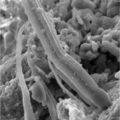
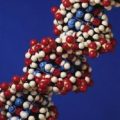
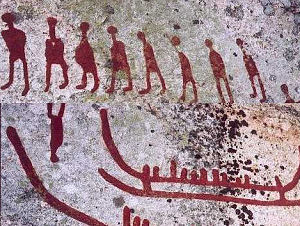




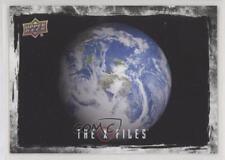

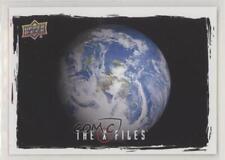

Comments are closed.